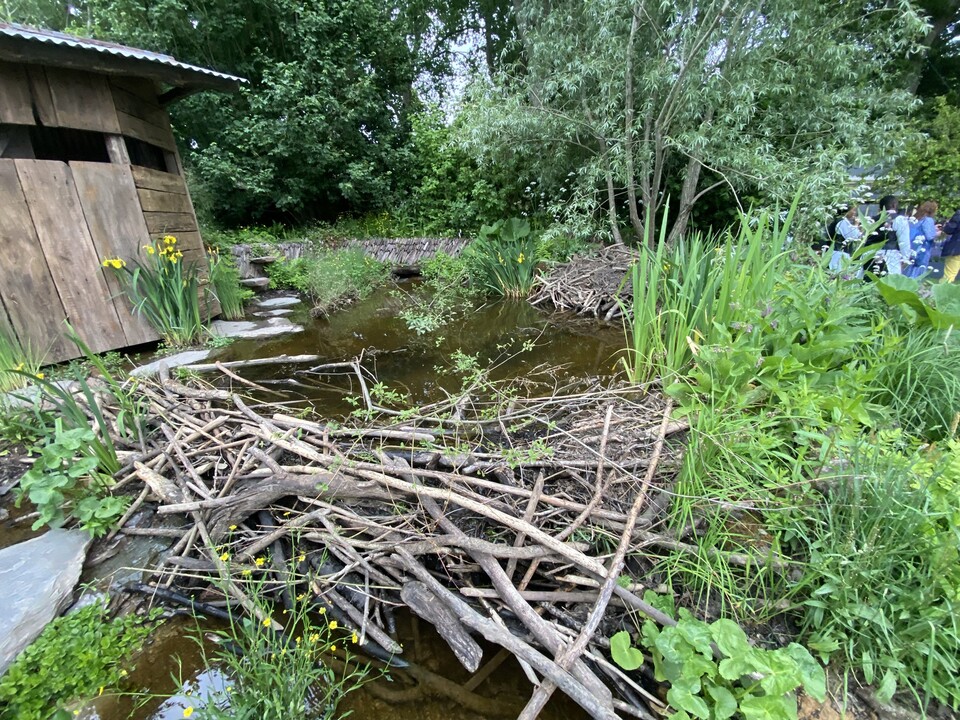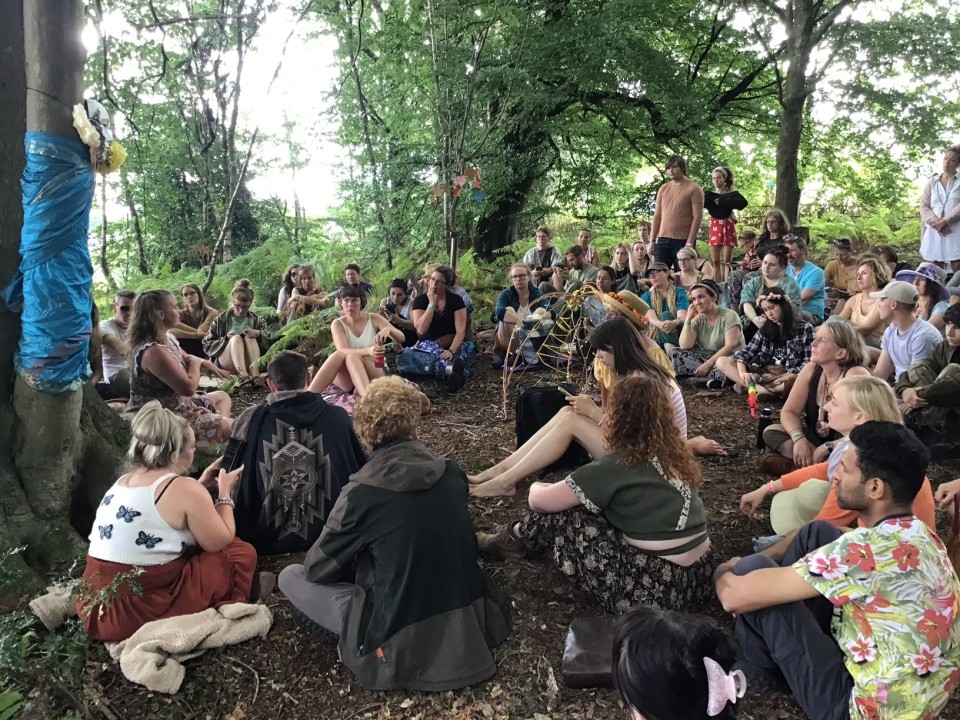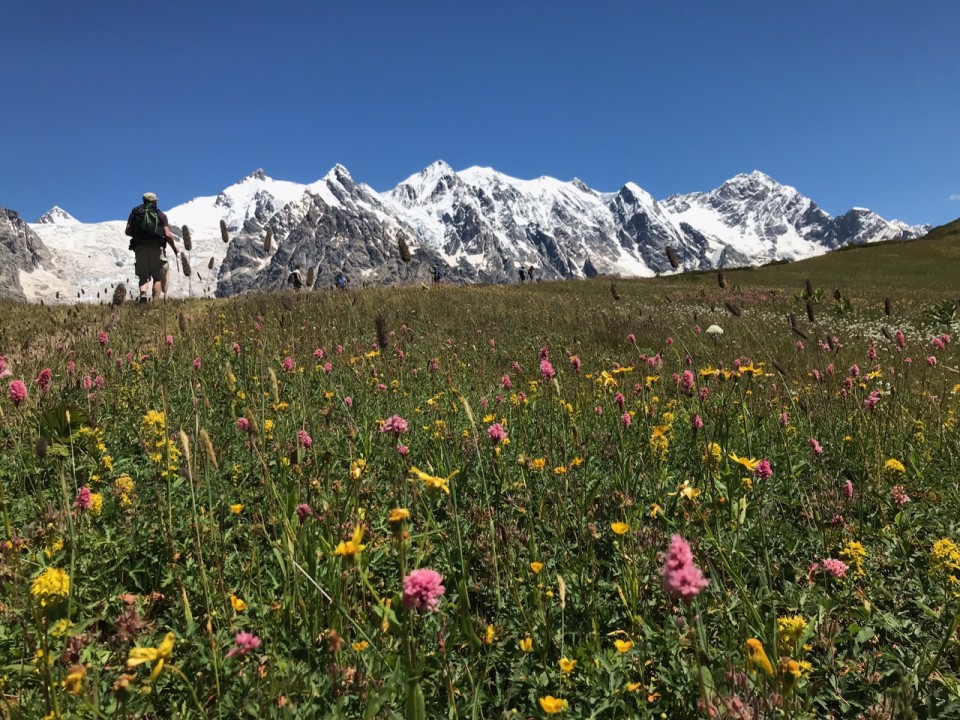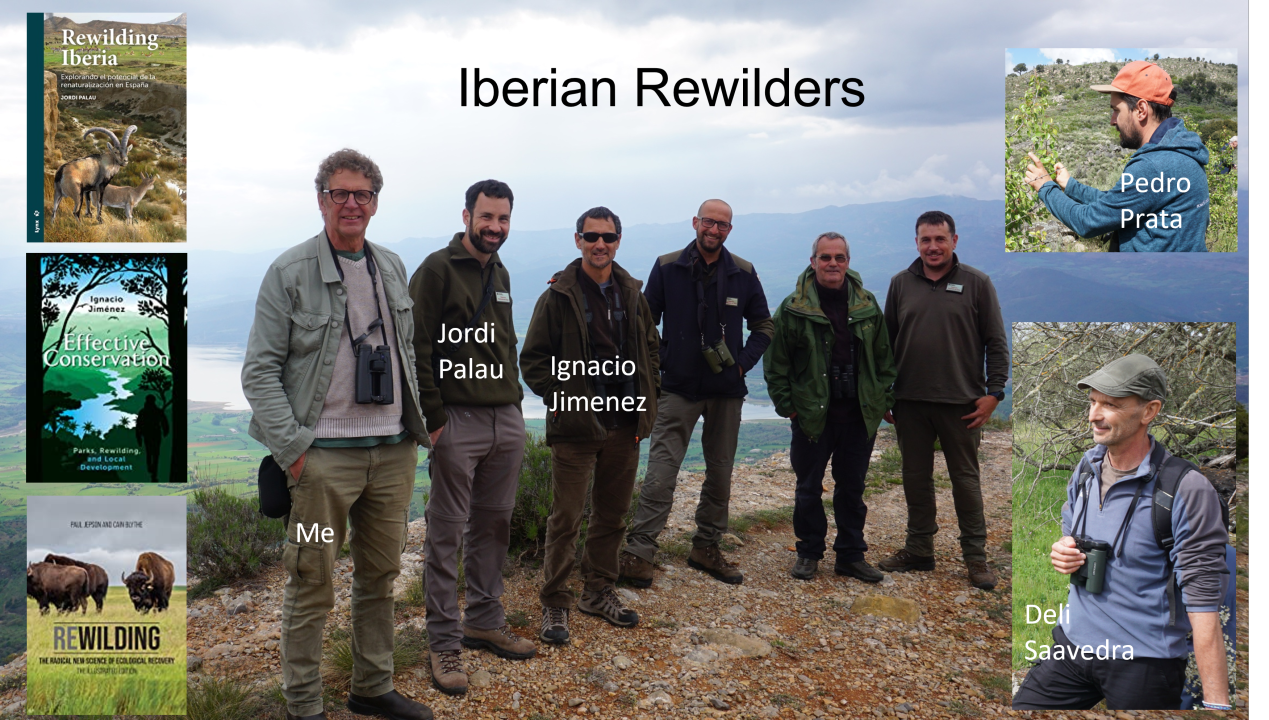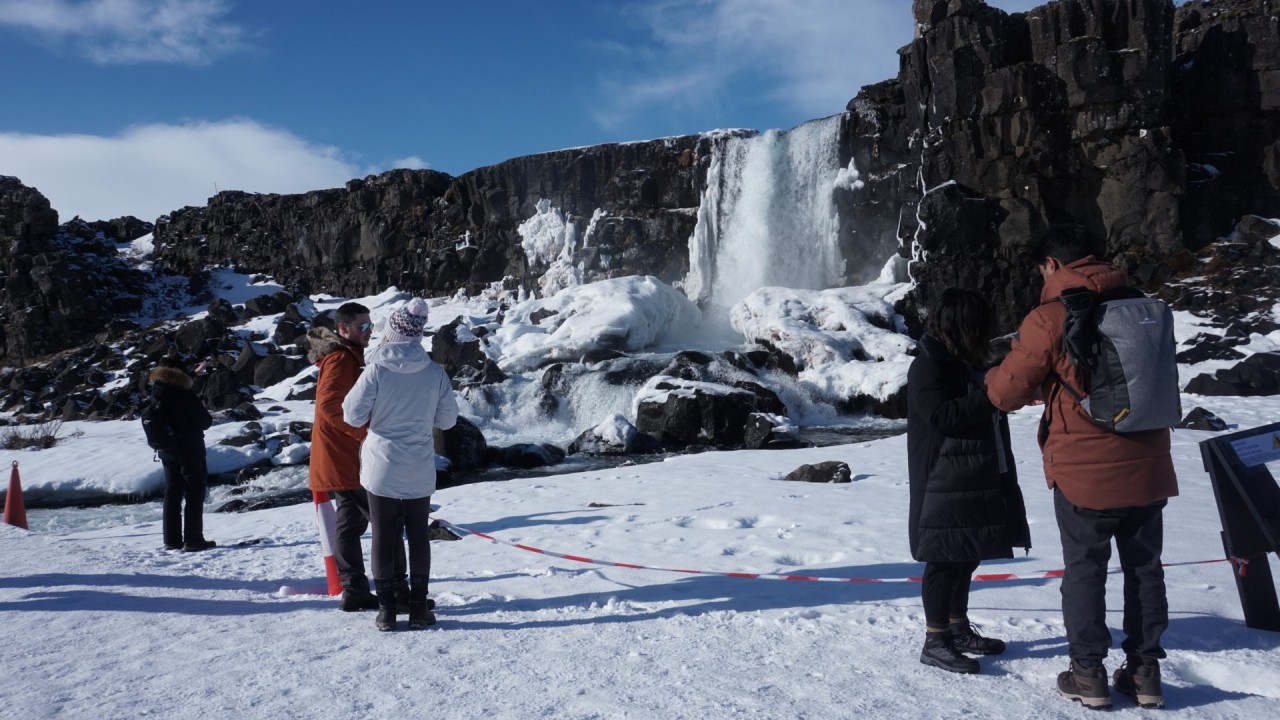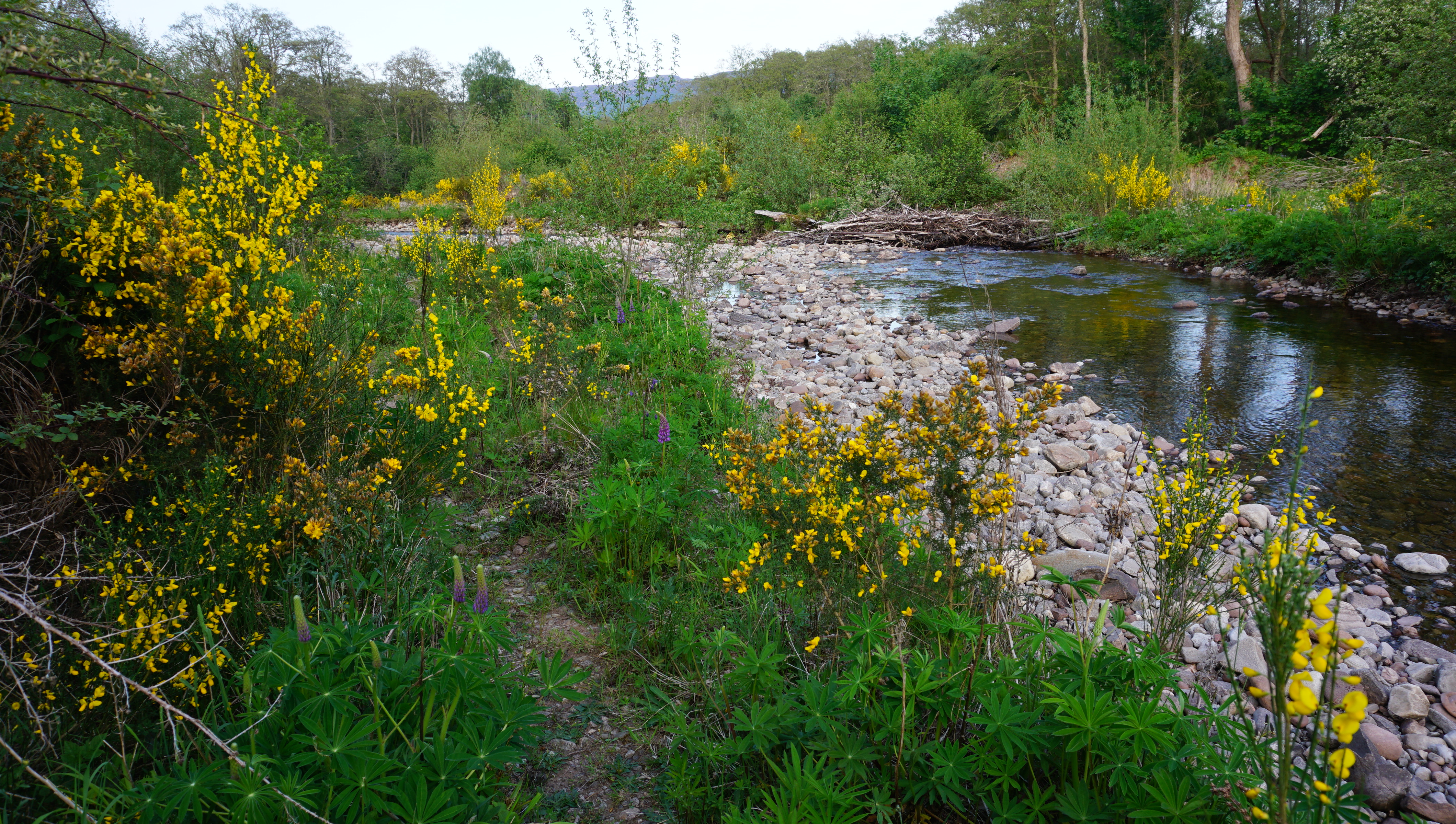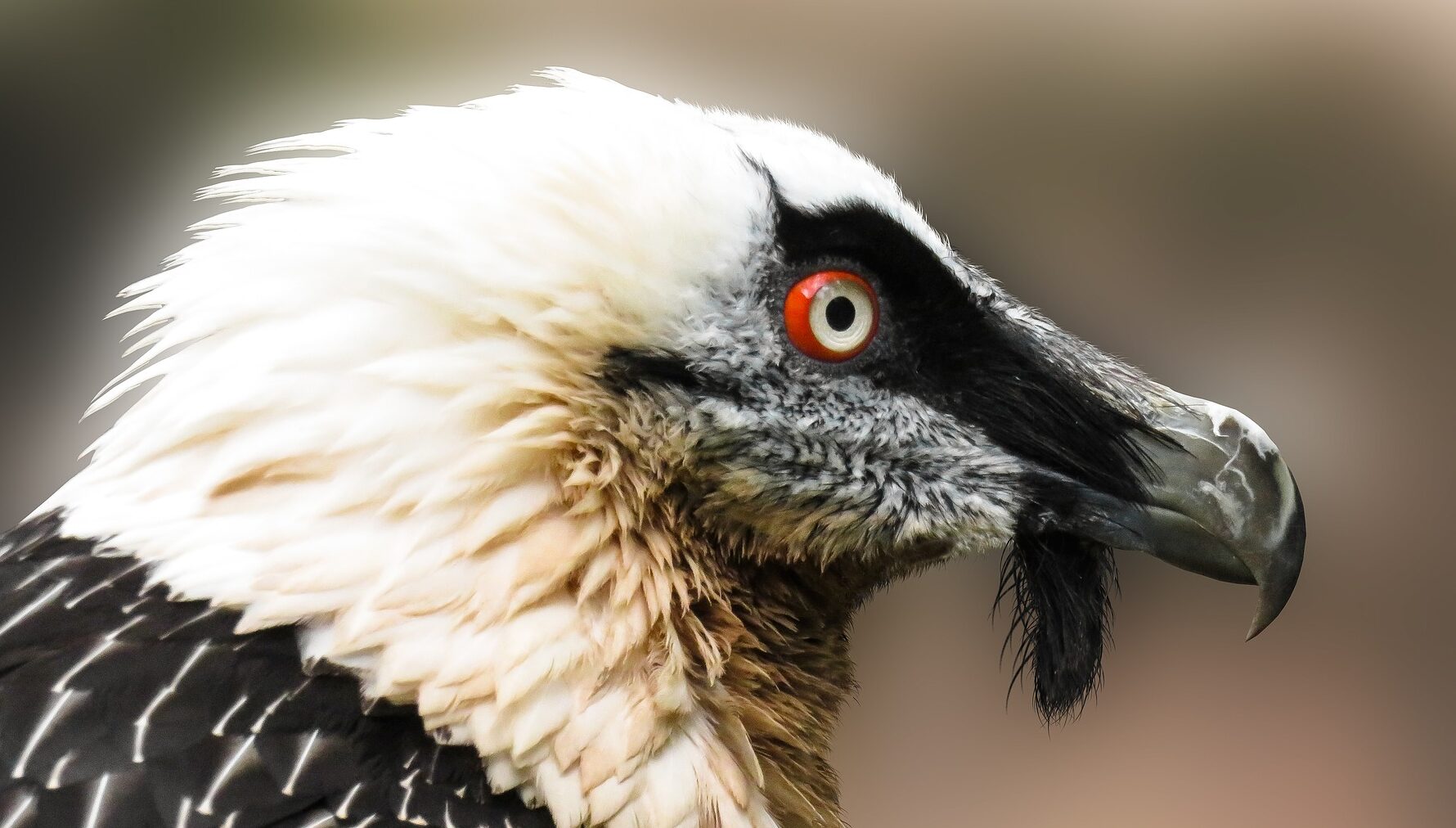In episode nine of the BBC’s Chelsea flower show coverage, Monty Don questioned whether Rewilding Britain’s show winning garden was actually a garden. He argued that rewilding is unhelpful when it comes to gardening and that, in his view, rewilding means not interfering and having the ‘hand of man’ involved.
I’m with Monty and Joe that a garden is a place where humans have chosen, arranged, and managed plants and other features to create a place of contemplation and connection through practices of design and tending. I also totally agree with Joe’s comment that gardeners have become more aware of nature and have adopting practices that make gardens wilder and more biodiverse, but that the idea of beavers in a garden is daft and would in his words ‘wreck the place’.
I spend a lot of time in my garden writing and thinking about #rewilding. During the first lock down I wrote an article on backyard rewilding and my wife and I have incorporated some rewilding principles into our gardening. But our garden is in no way a rewilding area nor do I want it to be. It’s a place where we enjoy gardening in a @Royal Horticultural Society way.
This said, Monty and Joe’s belief that rewilding means ‘not interfering, not having the hand of man involved’ is off track and, in my view, overlooks some of the intriguing interplays between rewilding and the wider gardening world. There are rewilders who believe that when it comes to nature humans are the problem and its better if we withdraw and let nature do its own thing. However, most professional rewilders view humans as part ecosystems and are working to understand how, like beavers, we can be pro-nature engineers.
In the UK, rewilding is mostly about restoring land whose natural systems have been badly damaged by intensive agriculture and livestock rearing. These practices have pushed ecosystems into a different state with little, if any, capacity to recover their vitality and #biodiversity. They require active rewilding where human and animal ecosystem engineers act together to restore and reset ecological processes so that to set nature on a rajectory of self-recovery.
Rewilding and gardening are both very much about a relationship between people and nature but the relationship is different. Gardeners create managed natural systems designed to work for them, whereas rewilders assume a role within ecosystems and aspire to steer recovering forces of nature to create a better future for society and nature.
Healthy ecosystems need a bit of scale. In the 18th century gardeners at Rousham, Stowe, Painshill and Blenheim went big and created the English landscape garden which was emulated internationally and brought picturesque natures to the ‘cultured mind’. It is in this domain of gardening where we are seeing creative interplays between rewilding, landscape architecture and regen agriculture and where #beavers are finding their place in a garden context. The presence of beavers in country estates is coming to symbolise a wider commitment to restore nature often in ways that blend principles of 18th century landscape gardening and 21st century rewilding.
The designers of the Rewilding Britain showgarden, Adam Hunt & Lulu Urquhart are themselves landscape designers and sought to showcase how beavers allow nature to thrive through their manipulation of landscape. Maybe Monty’s point was that gardening is a very much a human practice and beavers along with other animals do their own thing.
This blog was first posted fron my LinkedIn page on 25 May 2022

